
www.cell.com/cell/fulltex... @charlesswanton.bsky.social @ucl.ac.uk

www.cell.com/cell/fulltex... @charlesswanton.bsky.social @ucl.ac.uk
This was a great collaboration with @charlesswanton.bsky.social and Paul Mischel amongst many others.
A small thread will follow below.
aacrjournals.org/cancerdiscov...
This was a great collaboration with @charlesswanton.bsky.social and Paul Mischel amongst many others.
A small thread will follow below.
aacrjournals.org/cancerdiscov...

Co-first author Imran Noorani explains how this work makes the case for early detection of these tumours.
www.crick.ac.uk/news/2025-09...

Co-first author Imran Noorani explains how this work makes the case for early detection of these tumours.
www.crick.ac.uk/news/2025-09...
established patient-derived #organoids to study immune invasion in #LungCancer. 🫁
Article: bit.ly/4ltQPp2
Discussion: bit.ly/3GP9NaK




established patient-derived #organoids to study immune invasion in #LungCancer. 🫁
Article: bit.ly/4ltQPp2
Discussion: bit.ly/3GP9NaK
www.cell.com/cancer-cell/... @cp-cancercell.bsky.social @charlesswanton.bsky.social

www.cell.com/cancer-cell/... @cp-cancercell.bsky.social @charlesswanton.bsky.social
Congrats @oriolpich.bsky.social, @elsabernard.bsky.social, Maria Zagorulya, @charlesswanton.bsky.social et al.
www.nejm.org/doi/full/10....
🧪
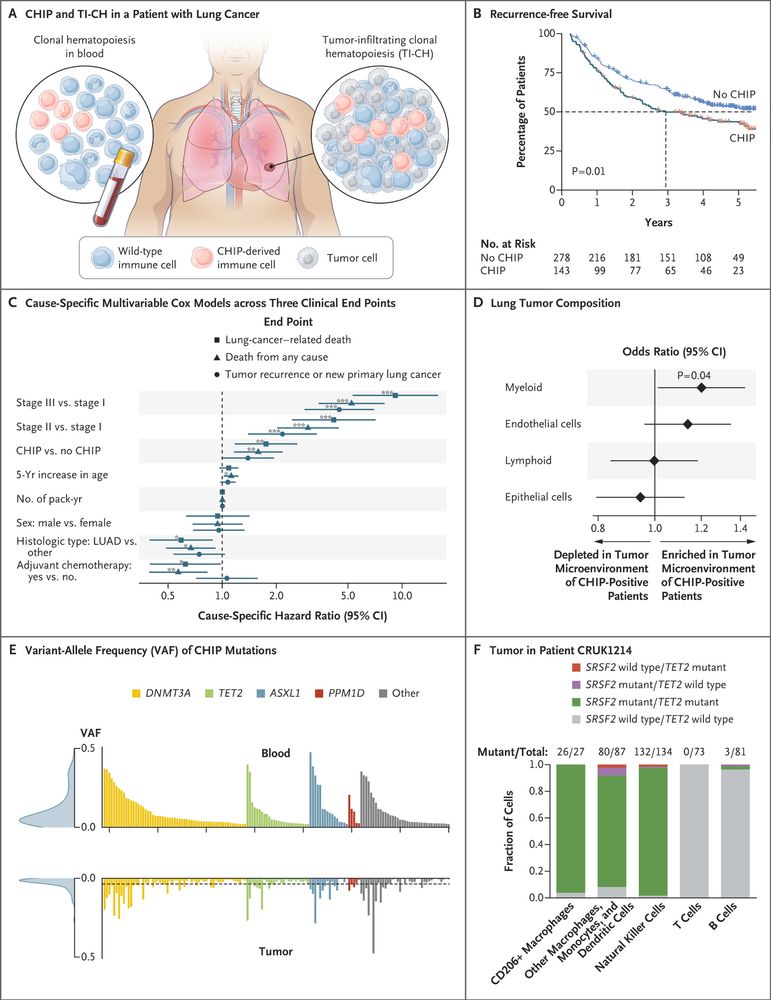
Congrats @oriolpich.bsky.social, @elsabernard.bsky.social, Maria Zagorulya, @charlesswanton.bsky.social et al.
www.nejm.org/doi/full/10....
🧪
www.crick.ac.uk/news/2025-04...
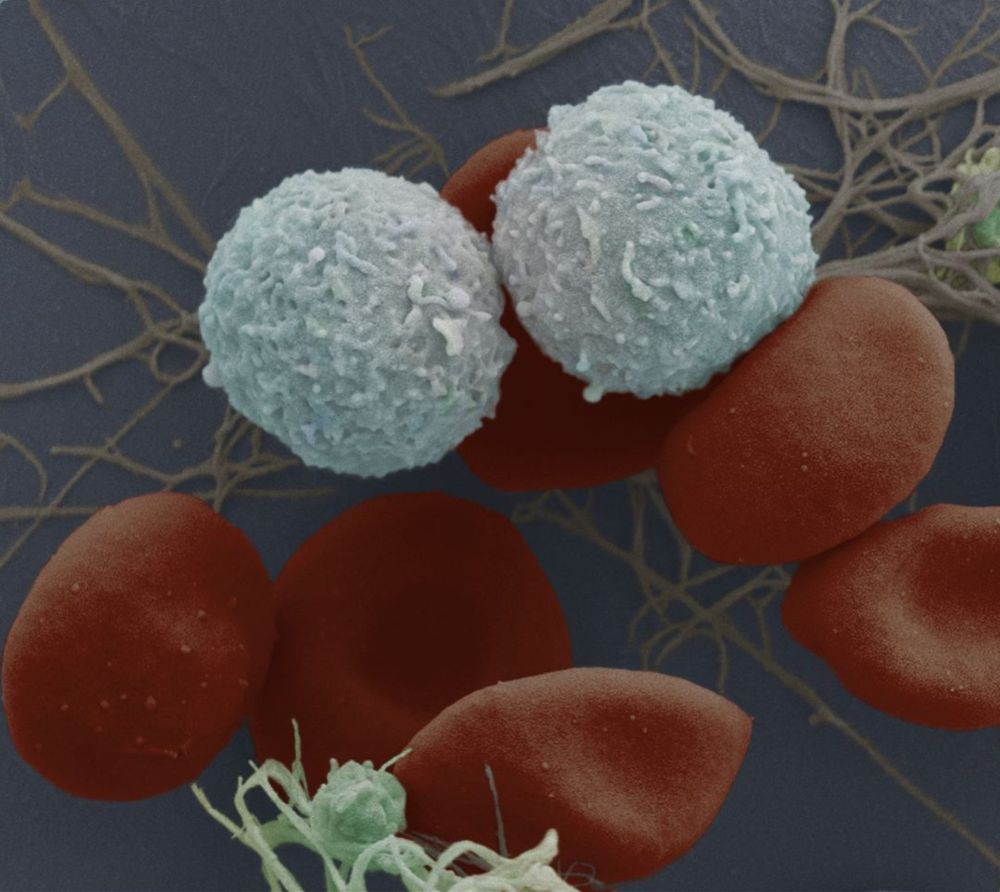
www.crick.ac.uk/news/2025-04...
@PapaemmanuilLab exploring how the age related process CHIP might impact tumour biology; incredible team. Thank you to all our funders, CRUK, Crick, BCRF, Rosetrees Trust, Mark Foundation+ Royal Society
www.nejm.org/doi/full/10....
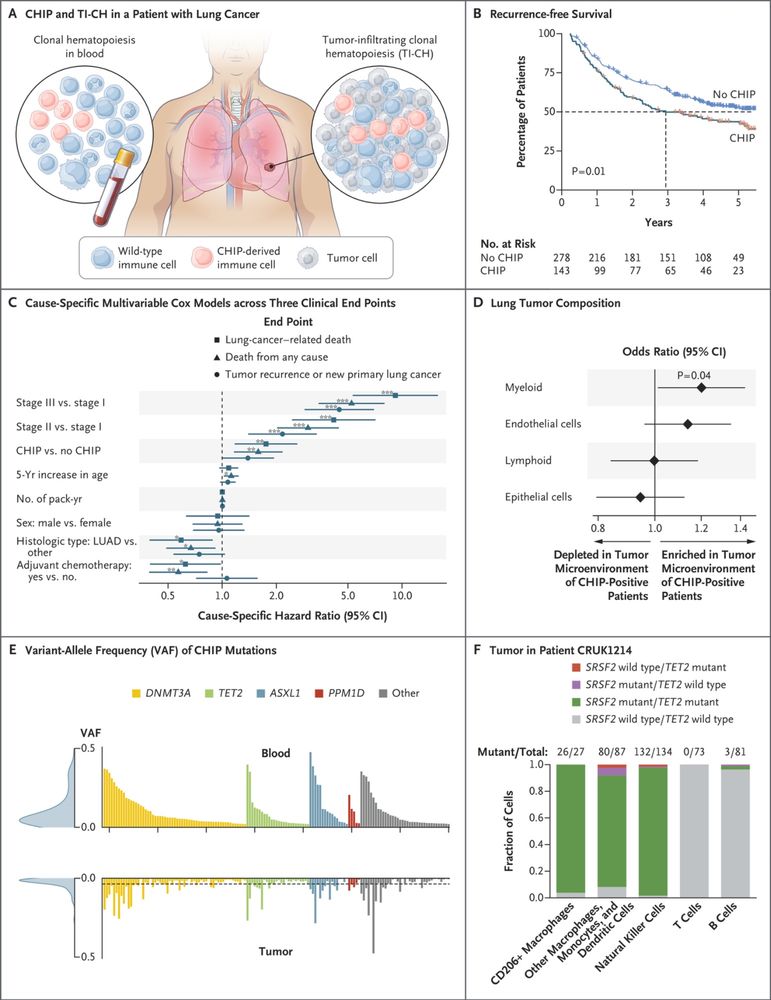
@PapaemmanuilLab exploring how the age related process CHIP might impact tumour biology; incredible team. Thank you to all our funders, CRUK, Crick, BCRF, Rosetrees Trust, Mark Foundation+ Royal Society
www.nejm.org/doi/full/10....
www.nejm.org/doi/full/10....

www.nejm.org/doi/full/10....
Take a look at our postdoctoral career development fellowships for clinicians, and see how you can join our vibrant community of clinician scientists.
Apply by 30 April ➡️ www.crick.ac.uk/careers-and-...
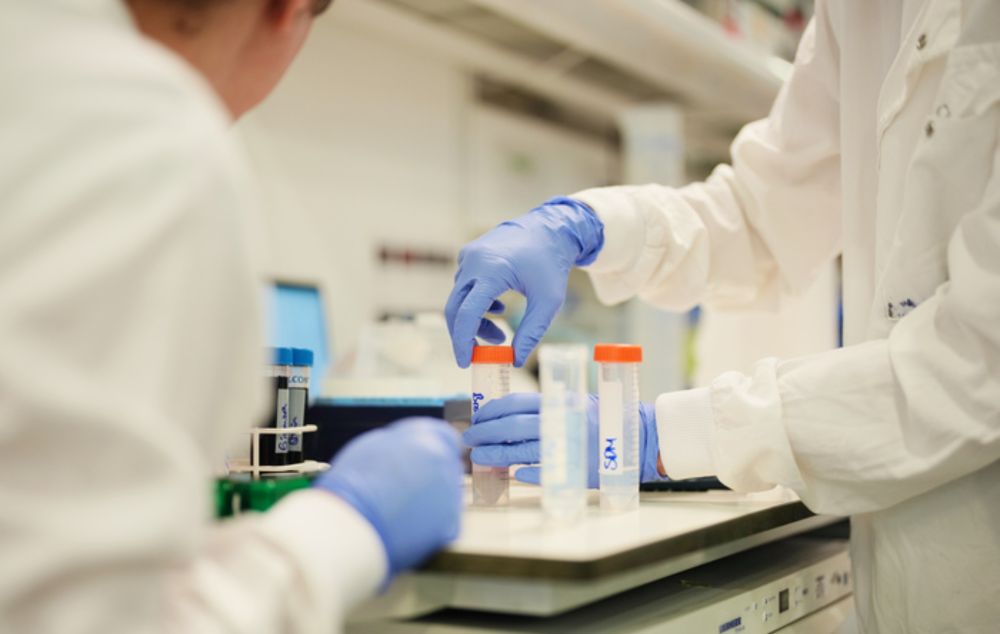
Take a look at our postdoctoral career development fellowships for clinicians, and see how you can join our vibrant community of clinician scientists.
Apply by 30 April ➡️ www.crick.ac.uk/careers-and-...


@peterlylab.bsky.social @maitehuartelab.bsky.social @florentmouliere.bsky.social @andreaventura.bsky.social @anton-henssen.bsky.social
www.nature.com/articles/s41...
#LCSM

Out today in @naturegenet.bsky.social :
doi.org/10.1038/s41588-025-02086-5
🧵👇

Out today in @naturegenet.bsky.social :
doi.org/10.1038/s41588-025-02086-5
🧵👇
Dhruva Biswas, Nicolai J. Birkbak & @charlesswanton.bsky.social and team present a clonal expression signature, ORACLE, which, in combination with clinicopathological and molecular risk factors, can predict survival of patients with lung adenocarcinoma.
www.nature.com/articles/s43...

Dhruva Biswas, Nicolai J. Birkbak & @charlesswanton.bsky.social and team present a clonal expression signature, ORACLE, which, in combination with clinicopathological and molecular risk factors, can predict survival of patients with lung adenocarcinoma.
www.nature.com/articles/s43...
www.ucl.ac.uk/news/2025/ja...

www.ucl.ac.uk/news/2025/ja...
First authors: James Black, Gabor Bartha
Senior author: @charlesswanton.bsky.social
www.crick.ac.uk/news-and-rep...

First authors: James Black, Gabor Bartha
Senior author: @charlesswanton.bsky.social
www.crick.ac.uk/news-and-rep...

Great opportunity to meet other #ClinicianScientists, network & discuss high quality science.
@thineskrishna.bsky.social @charlesswanton.bsky.social
@clareturnbull.bsky.social
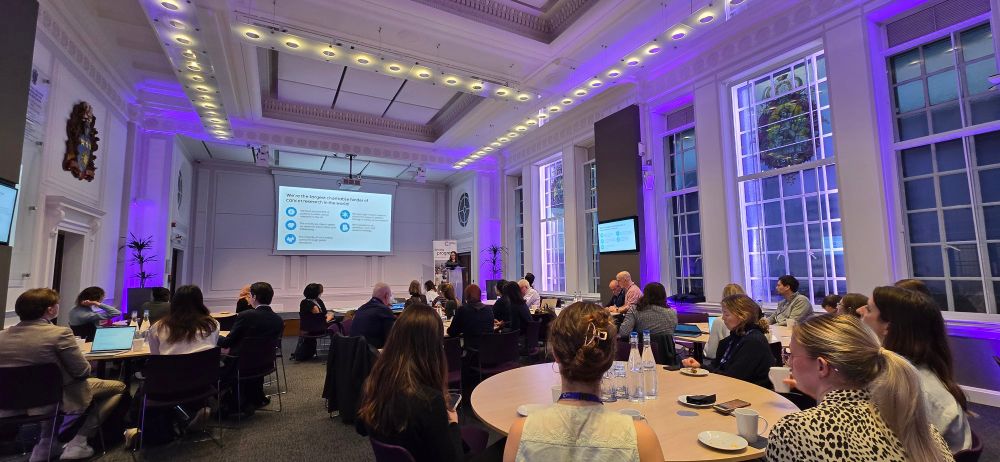
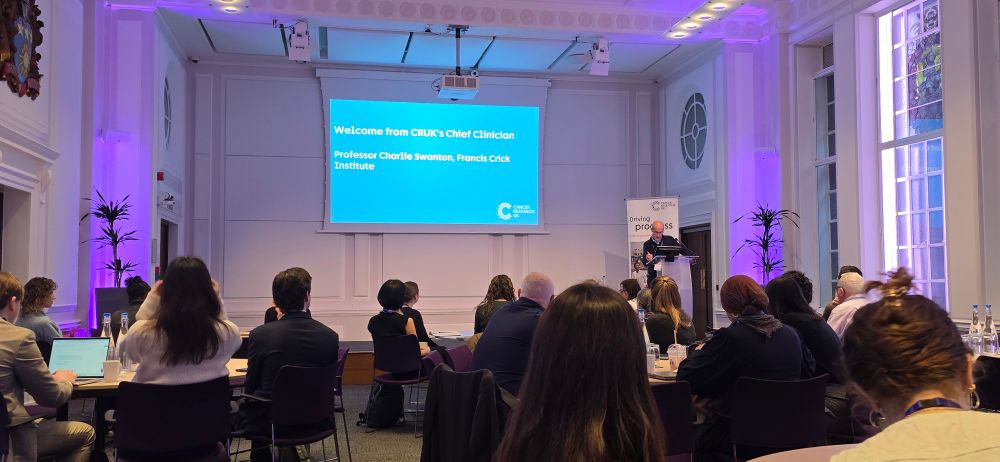
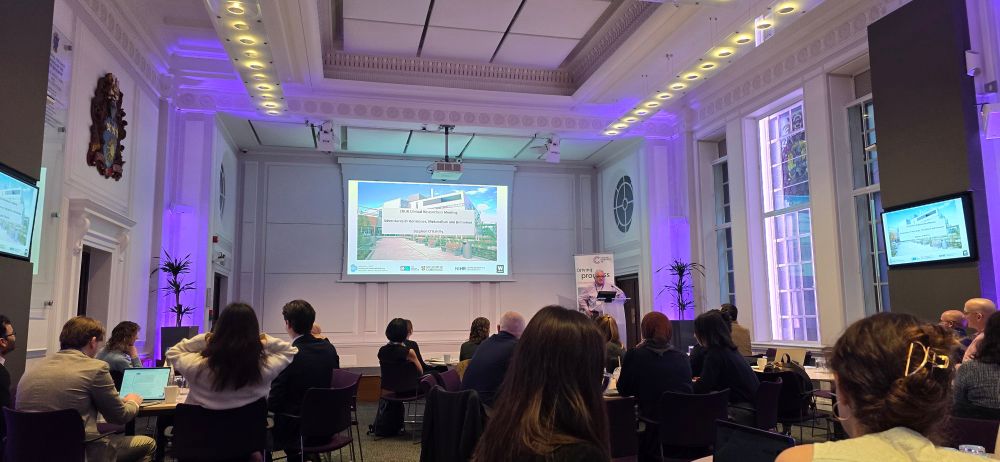

Great opportunity to meet other #ClinicianScientists, network & discuss high quality science.
@thineskrishna.bsky.social @charlesswanton.bsky.social
@clareturnbull.bsky.social
"Embracing #cancer complexity: Hallmarks of systemic disease"
Swanton et al, 2024
www.sciencedirect.com/science/arti...
@charlesswanton.bsky.social
@cancerresearchuk.org
@cp-cell.bsky.social

"Embracing #cancer complexity: Hallmarks of systemic disease"
Swanton et al, 2024
www.sciencedirect.com/science/arti...
@charlesswanton.bsky.social
@cancerresearchuk.org
@cp-cell.bsky.social

